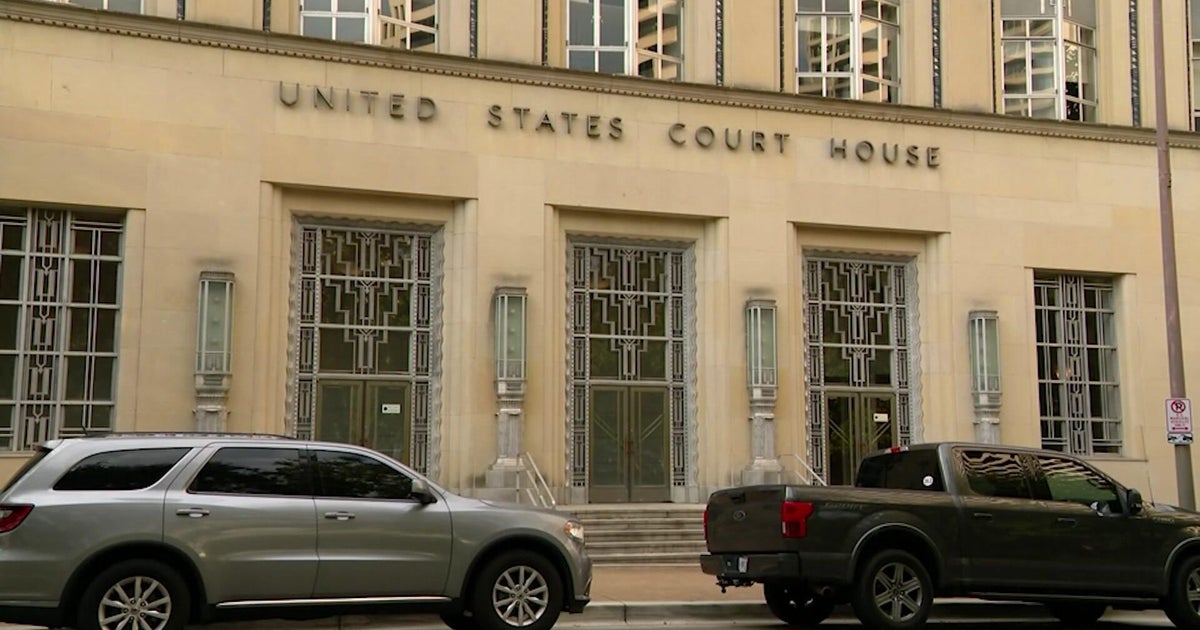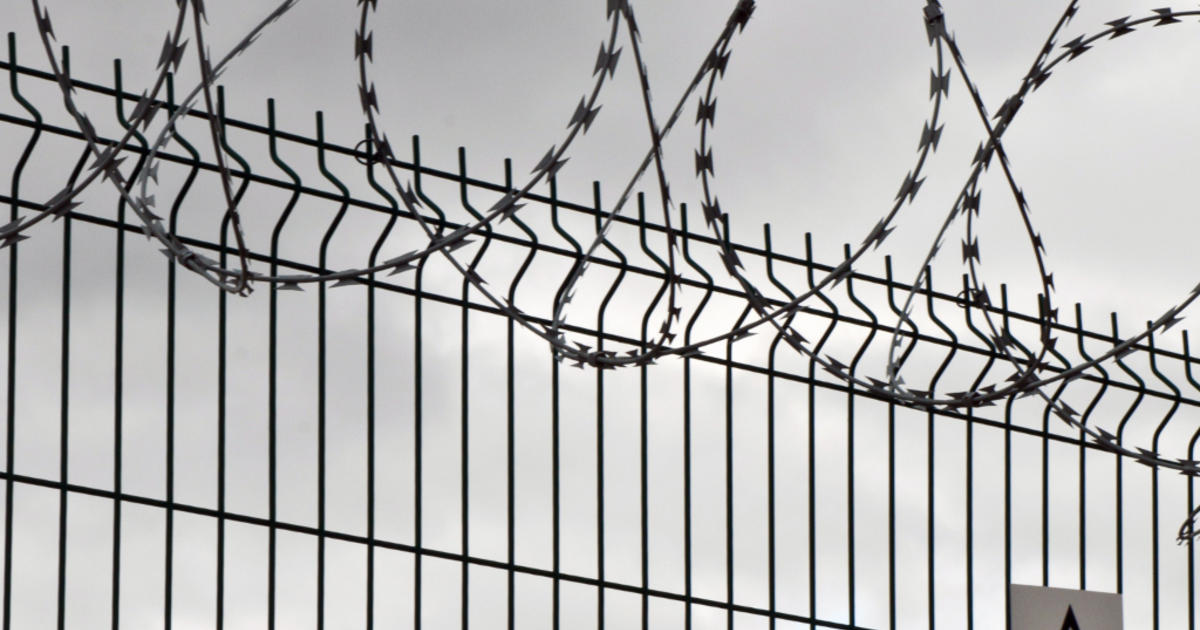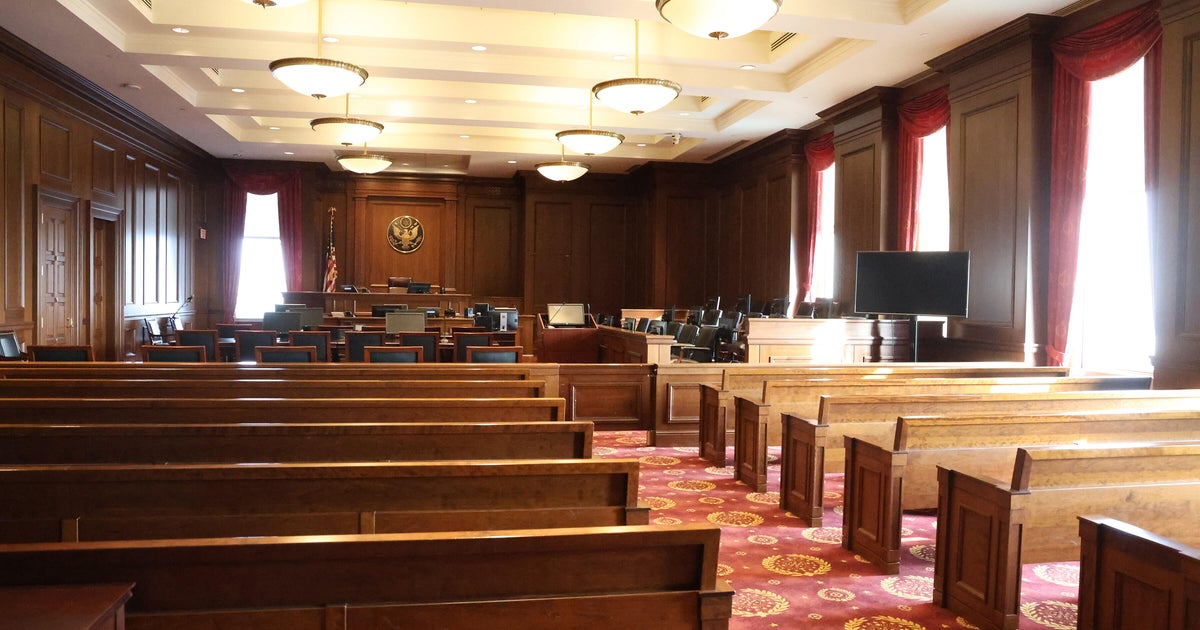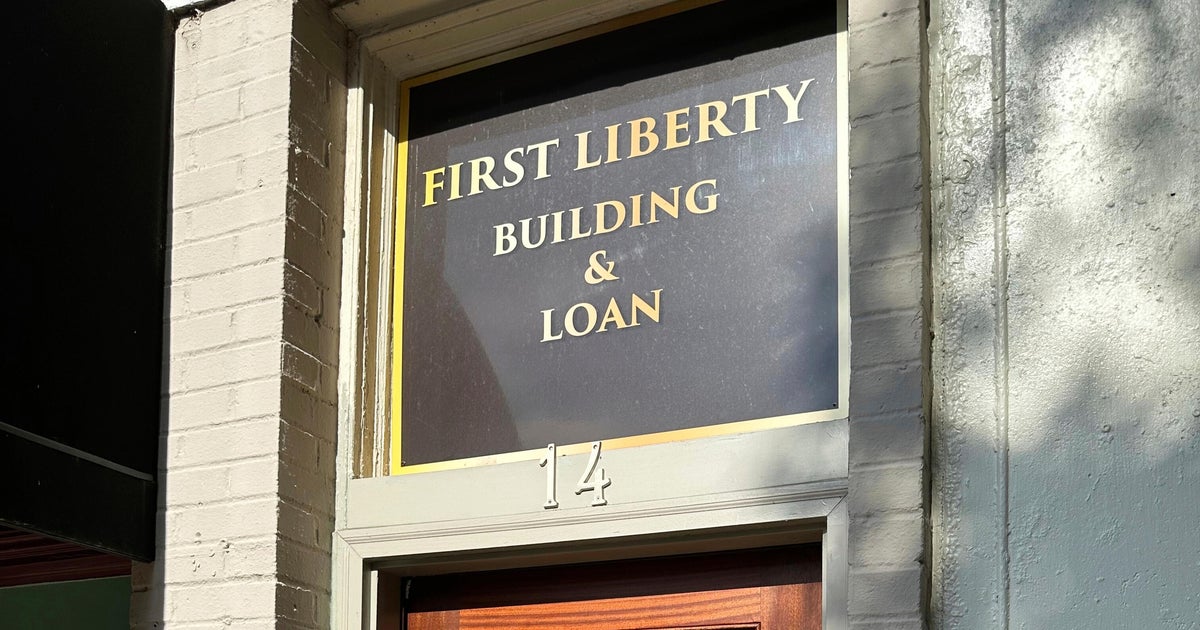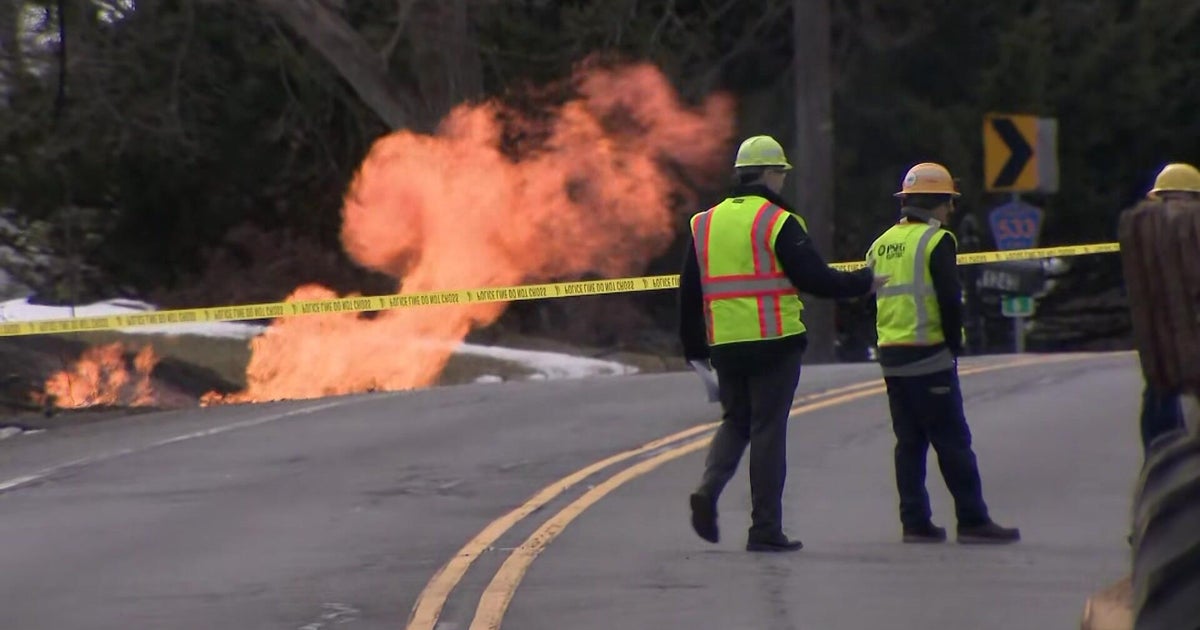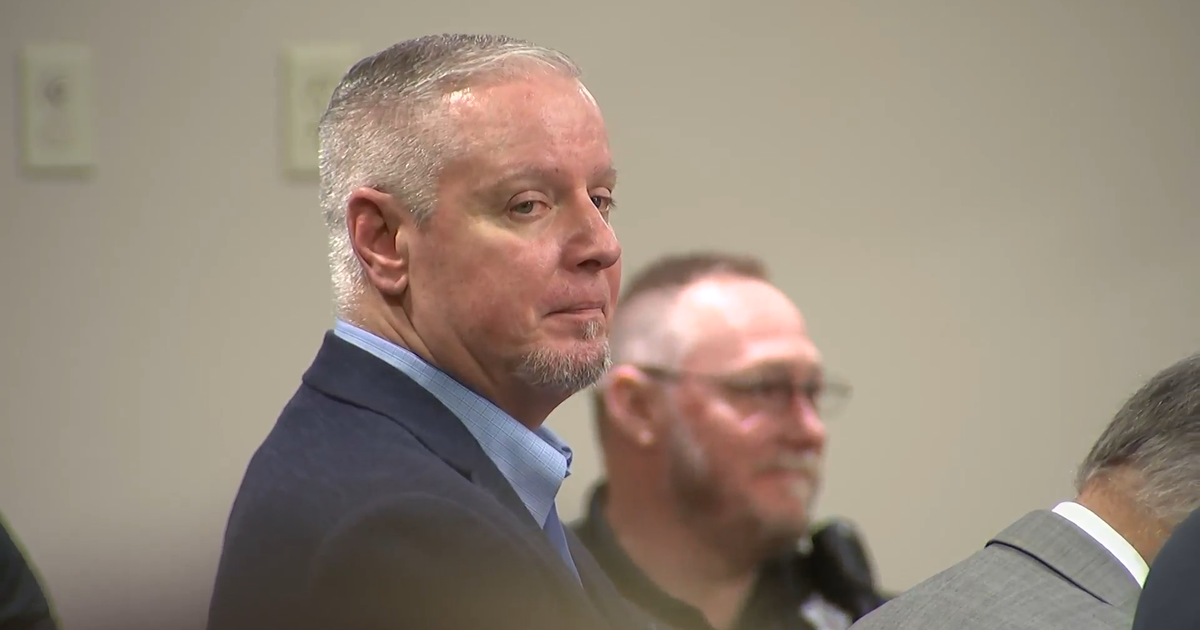Blagojevich Jury Asks For Clarification Of Key Instruction
Updated 06/16/11 - 4:03 p.m.
CHICAGO (CBS) -- Jurors in Rod Blagojevich's retrial have gone home for the weekend after asking the judge to clarify an instruction regarding 10 of the 20 counts against the former governor.
Among the 20 charges against Blagojevich are 10 counts of wire fraud, most of which are directly related to the allegation that he tried to sell or trade a U.S. Senate seat.
Jurors have asked the judge to clarify one of the four things that the prosecution must prove in order for the jury to convict him of wire fraud.
They specifically asked about the third element of wire fraud contained in their instructions, which says "that the scheme to defraud involved a materially false and fraudulent pretense, representation, promise, or concealment."
After a brief conference with prosecutors and defense attorneys, U.S. District Judge James Zagel decided to send the jury a note telling them to re-read the instructions and, if needed, send back another note specifying which part of the instruction they found confusing.
"I ask you to take another look at the relevant instructions. After you have done so, if you think it is necessary, I ask you to state which specific words or phrases in the third proposition you believe need clarification," the note will read.
Zagel also advised prosecutors and defense attorneys to stay near the courthouse and encouraged them to visit a library so that, if jurors ask for more clarification, attorneys on both sides will be ready to provide it.
Jurors went home for the weekend a few hours after the judge discussed the note with attorneys. They didn't send any further messages Thursday afternoon and are set to resume deliberations on Monday.
The full jury instruction regarding the 10 wire fraud charges reads:
"To sustain the charge of wire fraud, as charged in Counts 1 through 10, the government must prove the following propositions beyond a reasonable doubt:
"First, that the defendant knowingly devised or participated in a scheme to defraud as described in the particular Count you are considering;
"Second, that the defendant did so with the intent to defraud;
"Third, that the scheme to defraud involved a materially false and fraudulent pretense, representation, or promise; and
"Fourth, that for the purpose of carrying out the scheme or attempting to do so, the defendant used or caused the use of interstate wire communications to take place in the manner charged in the particular Count you are considering.
"If you find from your consideration of all the evidence that each of these propositions has been proved beyond a reasonable doubt, you should find the defendant guilty of the particular count you are considering.
"If, on the other hand, you find from your consideration of all the evidence that any of these propositions has not been proved beyond a reasonable doubt, you should find the defendant not guilty of the particular count you are considering."
Thursday's note regarding that instruction was the jury's second note to the judge in their five days of deliberations.
The jury at Blagojevich's first trial last summer deliberated 14 days before reaching a verdict on only one count against him: a conviction for lying to the FBI. They deadlocked on 23 other charges.
